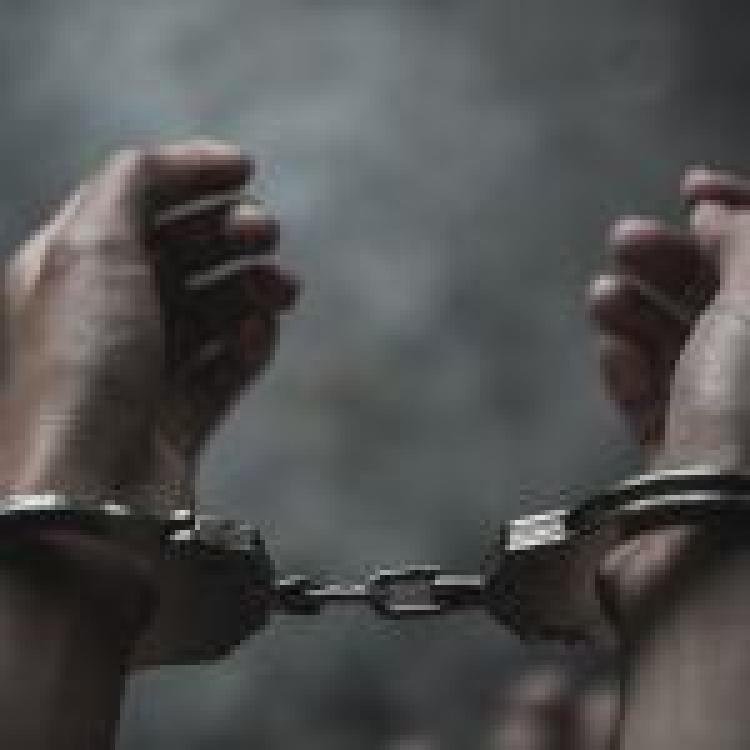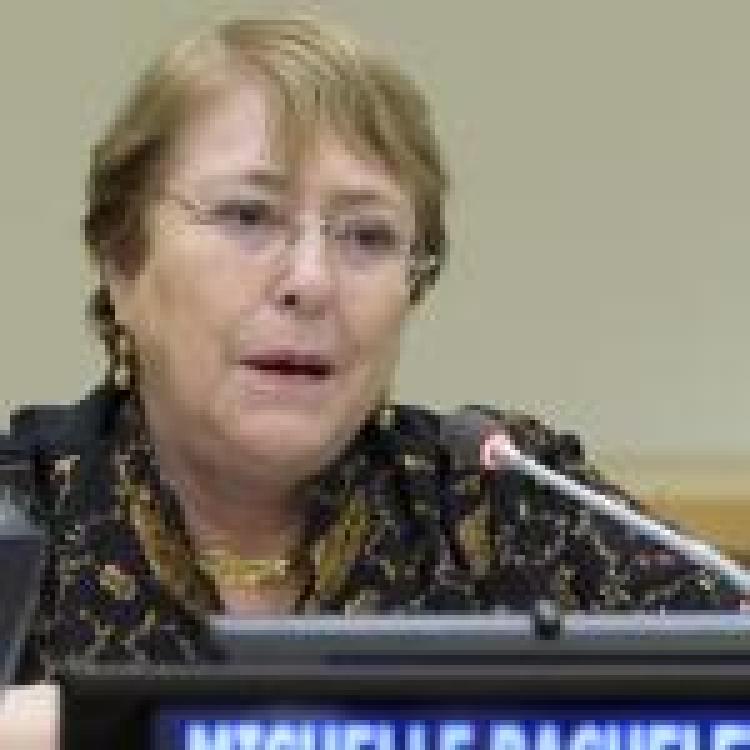.jpg)
Over a dozen Sri Lankan police officers from the country’s Police Narcotic Bureau (PNB) have been arrested for their alleged involvement in an illegal drug ring.
According to Al Jazeera, the officers from the PNB helped to smuggle illicit drugs into the country; store them within safe houses; ran fake raids; and then siphoned off a set portion of the stolen goods, securing millions in profit.
18 officers from the Police Narcotic Bureau have been detained, along with five civilians, have been detained and an arrest warrant has been issued for the suspected ringleader, Udara Sampath, who is believed to be in the United Arab Emirates.
Uncovering the illegal drug ring
Police have reported that they uncovered this drug ring after a separate unit seized 225 kg of heroin on 15 May from a house in Welisara, a small town just north of the capital, Colombo. Following this raid, four civilian suspects were immediately arrested and a fifth businessman who was suspected of playing a key role was picked up a month later. The businessman told the police of the involvement of the narcotic officers.
Al Jazeera reports that the officers would meet the international drug smugglers in the Indian ocean and bring the drugs into safe houses in Sri Lanka. In one raid, officers seized 243kg heroin smuggled by the sea; the officers 45 kg which they would sell to traffickers and present 200 kg to authorities.
During the three years that this drug ring operation, the officers arrested gained cash awards and commendations for their service and making major drug busted. It has been revealed that some of these drug busts have been staged.
Ajitha Rohana, a senior officer with the national police, has condemned the actions of the officers and stated that if they are convicted, his department would seek the death penalty. The death penalty has not been carried out in Sri Lanka since 1976.
Kusal Perera, a political analyst in Colombo, told Al Jazeera that this is not entirely new;
"On previous occasions too, some senior police officers faced allegations of having links with drug smugglers. But this is the first time we have direct evidence to establish the collaboration between law enforcement officials and drug dealers."
Sri Lanka's attorney general, Dappula de Livera, has similarly commented on the matter maintaining that it has “eroded public confidence in the police”.
Sri Lanka’s war on drugs
![]()
Sri Lanka has long waged a “war on drugs”, with the current Defence Secretary, and accused war criminal, Kamal Gunaratne vowing that he will eradicate Sri Lanka’s drug menace by going after corrupt officials.
This statement from the Defence Secretary follows the establishment of a Presidential Task Force (PTF) that provides Sri Lanka officials with a worryingly broad mandate to tackle the drug menace whilst also failing to illustrate clear lines of accountability.
Sri Lanka’s war on drugs has widely panned by human rights organisations. Under the Sirisena administration, there were plans to end the 43-year-old moratorium on the death penalty for drug offences and to follow the notorious model set by Philippine’s authoritarian president, Rodrigo Duterte.
Al Jazeera reports that nearly 60 per cent of Sri Lanka's 30,000 inmates are in prison for drug-related offences, crowding facilities built to accommodate only 11,700. They also note that drug-related court cases have gone up from 6,600 in 2015 to 16,000 last year.
Read more from Al Jazeera.



